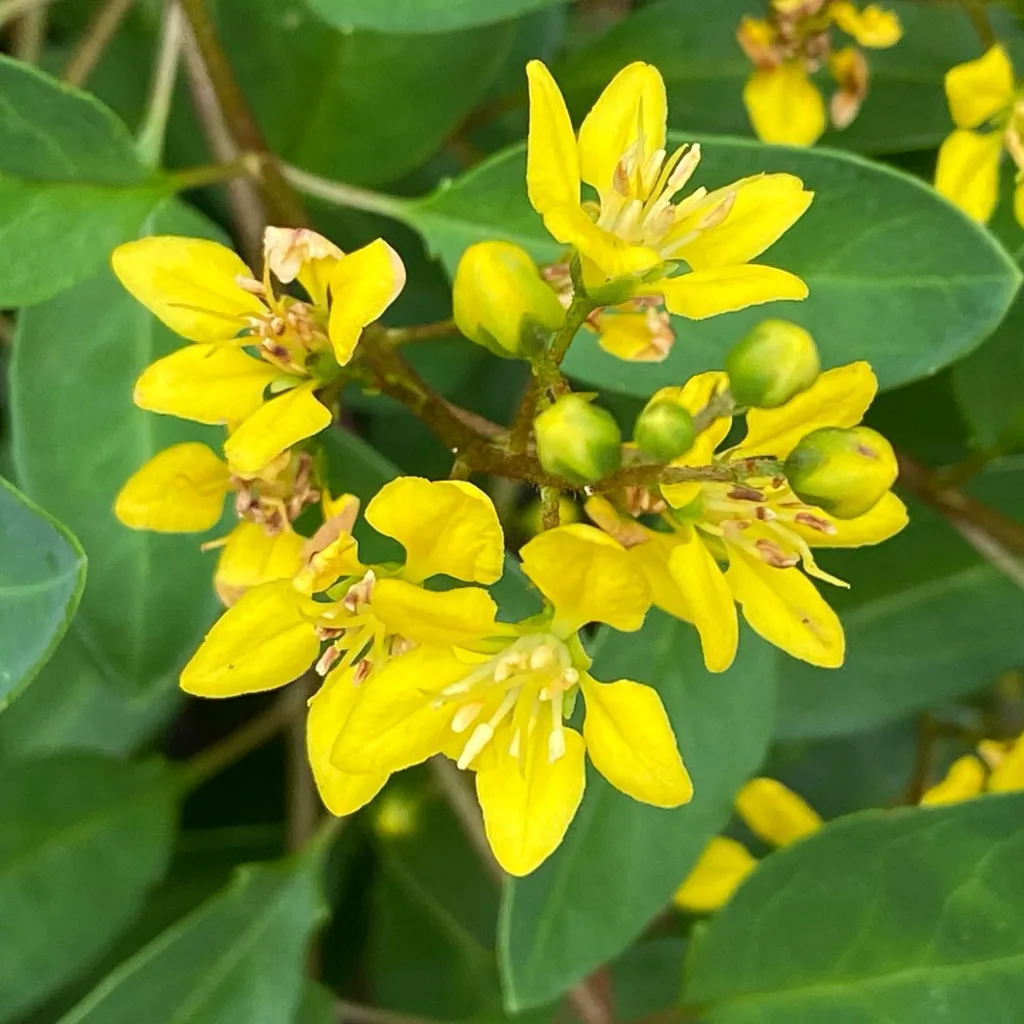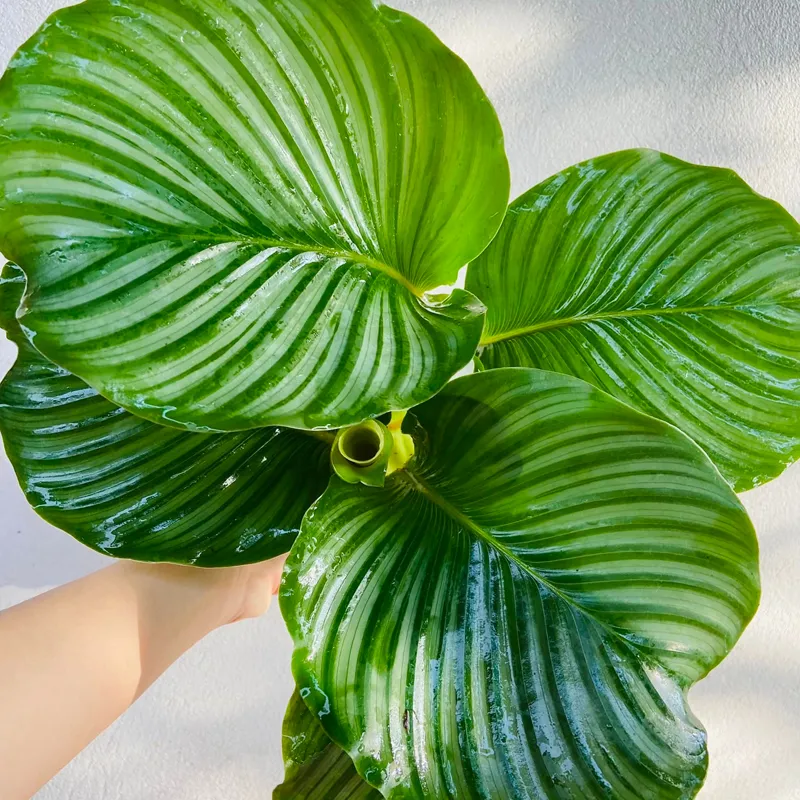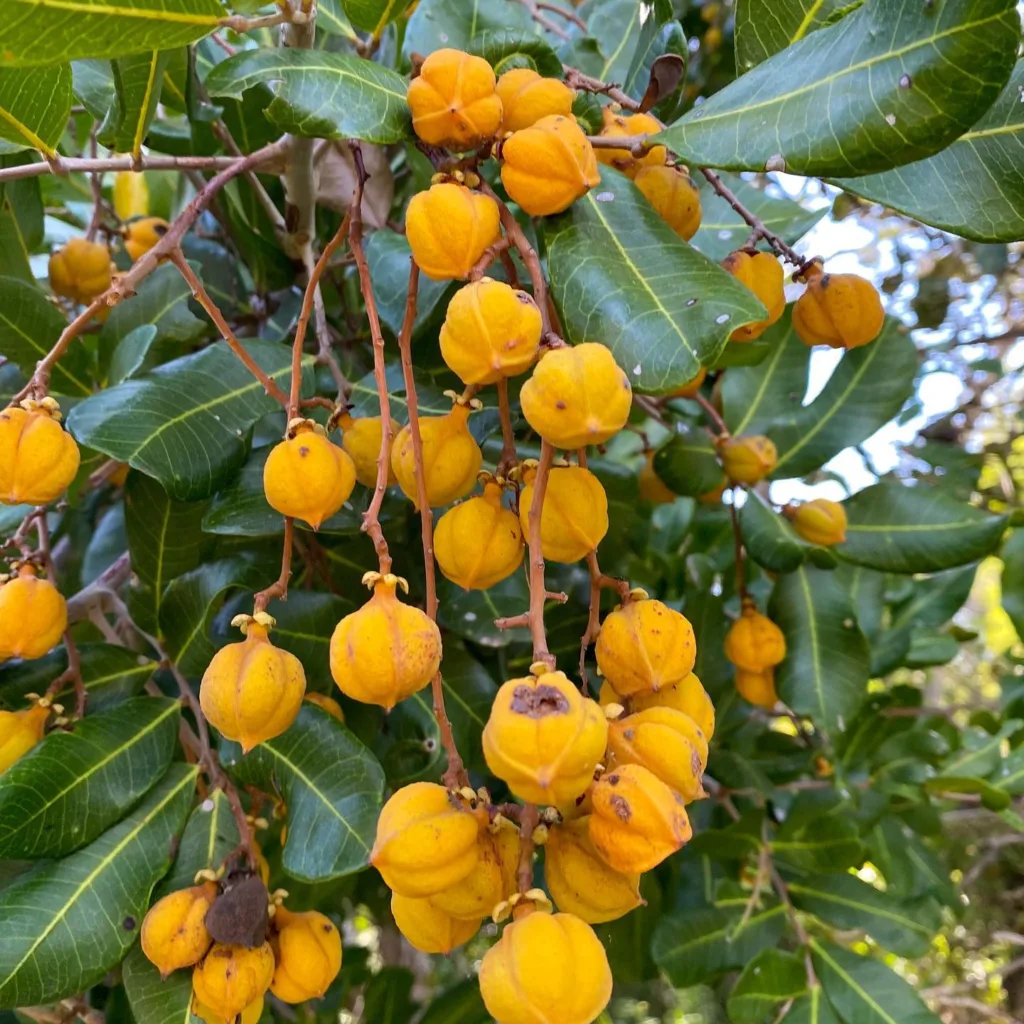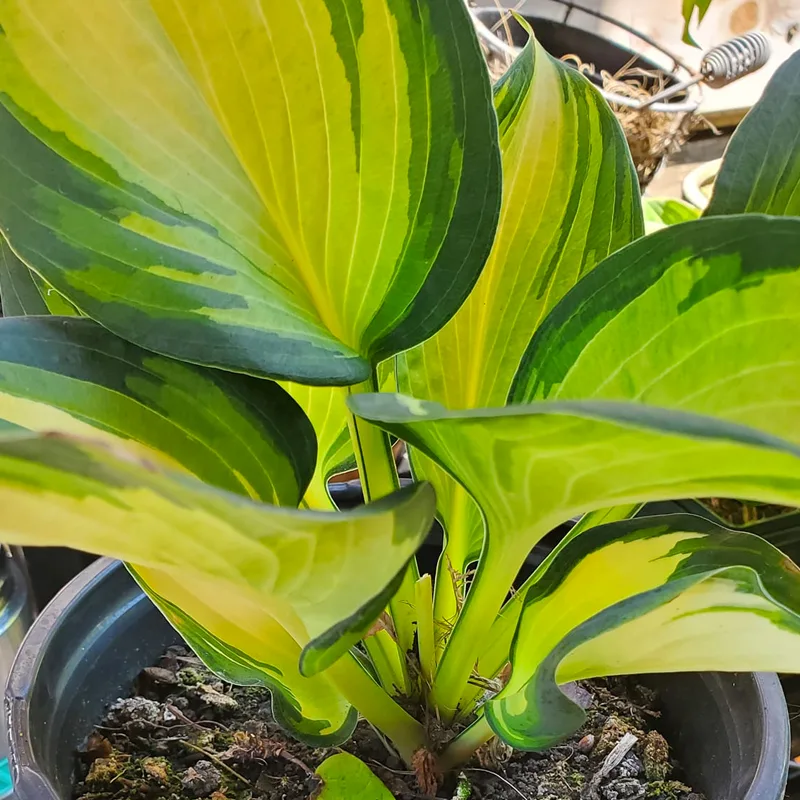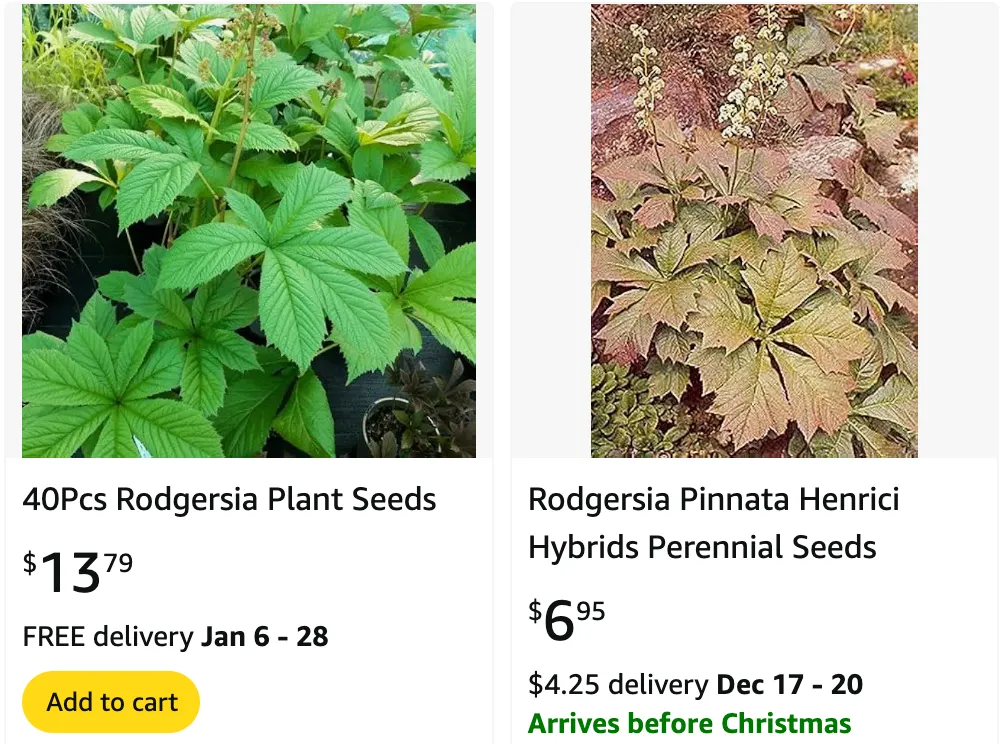
January 9 – Rodgersia
“Rodgersia, the bold and robust perennial, embodies those born on January 9.”
Rodgersia thrives in diverse conditions, symbolizing your resilience. You are a natural leader, unafraid to tackle challenges head-on, and your strength inspires those around you.
Rodgersia: A Personal Exploration of a Bold and Beautiful Genus
My name is Ferb Vu, and I’m an avid gardener with a particular fascination for plants that bring a touch of the exotic to my backyard. One genus that has captured my attention in recent years is Rodgersia, a group of bold, architectural perennials native to the mountainous regions of East Asia. These plants, with their dramatic foliage and impressive stature, have earned a special place in my heart, and I’m eager to share my experience with them.
Discovering the Charms of Rodgersia
My first encounter with Rodgersia was purely accidental. I stumbled upon a mature specimen while visiting a local botanical garden. Its enormous, deeply-veined leaves, reminiscent of horse chestnuts, were unlike anything I’d ever seen. Towering above the surrounding plants, it commanded attention with an air of quiet grandeur. I was instantly smitten.
Intrigued, I delved into the world of Rodgersia, learning about its origins, its diverse species, and its cultivation requirements. I discovered that these plants, members of the Saxifragaceae family, thrive in moist, shady environments, making them ideal for woodland gardens or areas bordering water features. Their preference for cool climates mirrored my own, further solidifying our connection.
A Tapestry of Species
The genus Rodgersia encompasses a fascinating array of species, each with its own unique characteristics. Here are:
- Rodgersia aesculifolia: As the name suggests, this species boasts leaves that resemble those of the horse chestnut tree. Its large, palmate leaves, with their prominent veins and serrated edges, create a bold textural element in the garden. In early summer, it produces creamy-white flower panicles that add a touch of ethereal beauty.
- Rodgersia pinnata: This species is notable for its pinnate leaves, which are divided into leaflets arranged along a central stem. The leaflets have a distinctive bronze tint when young, maturing to a rich green. Rodgersia pinnata offers a variety of cultivars with flower colors ranging from white and pink to red, providing a vibrant display in early summer.
- Rodgersia podophylla: Perhaps the most striking of the genus, Rodgersia podophylla features deeply lobed leaves that resemble a duck’s foot. The leaves emerge with a bronze hue, gradually transitioning to green as they mature. In autumn, they take on fiery shades of red and orange, providing a spectacular show of fall color. Its creamy-white flower plumes add to its ornamental appeal.
- Rodgersia sambucifolia: This species is characterized by its pinnate leaves, which resemble those of the elderberry (Sambucus). The leaves are a deep green with serrated edges, creating a lush, textured effect. In summer, it produces delicate pink flower plumes that rise above the foliage.
- Rodgersia nepalensis: This species, hailing from the Himalayas, is known for its compact size and elegant foliage. Its leaves are deeply lobed and have a glossy sheen. In summer, it produces airy plumes of white flowers that add a touch of delicacy.
Cultivating Rodgersia: A Labor of Love
Growing Rodgersia has been a rewarding experience, though not without its challenges. These plants require consistent moisture and prefer a rich, humusy soil. In my garden, I’ve found that they thrive in a partially shaded location with protection from harsh afternoon sun. I amend the soil with plenty of compost and leaf mold to ensure good drainage and fertility.
One of the most satisfying aspects of cultivating Rodgersia is witnessing their growth and transformation throughout the seasons. In spring, the plants emerge from the ground with a surge of energy, their new leaves unfurling like delicate scrolls. As summer progresses, the foliage reaches its full glory, creating a lush tapestry of textures and colors. In autumn, the leaves of some species transform into fiery hues, providing a final flourish before winter dormancy.
Rodgersia: A Gardener’s Gem
My journey with Rodgersia has been one of discovery, appreciation, and a deepening connection with the natural world. These remarkable plants have enriched my garden with their bold presence and unique beauty. Their resilience, adaptability, and sheer exuberance have taught me valuable lessons about the power of nature to inspire and uplift.
If you’re seeking a plant that will add a touch of drama and sophistication to your garden, I highly recommend exploring the world of Rodgersia. With their striking foliage, architectural form, and adaptability, these plants are sure to become a cherished addition to your landscape.
If i die, water my plants!
